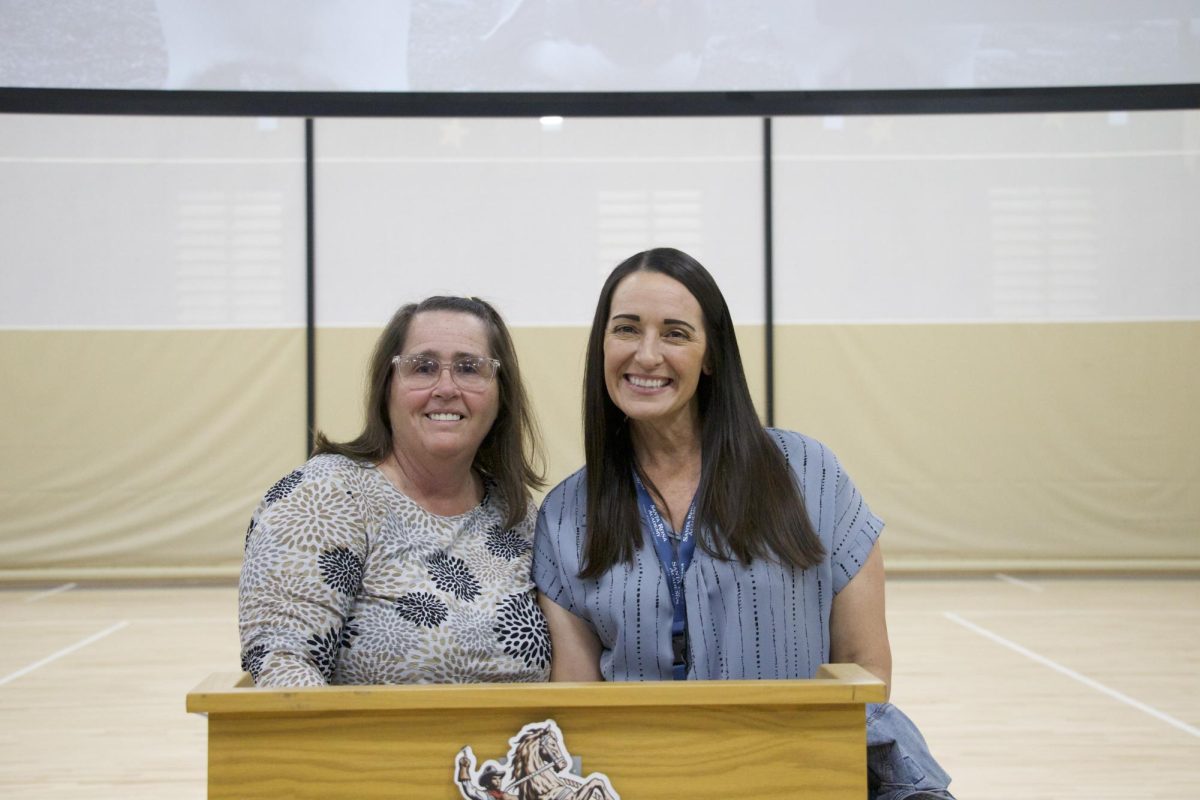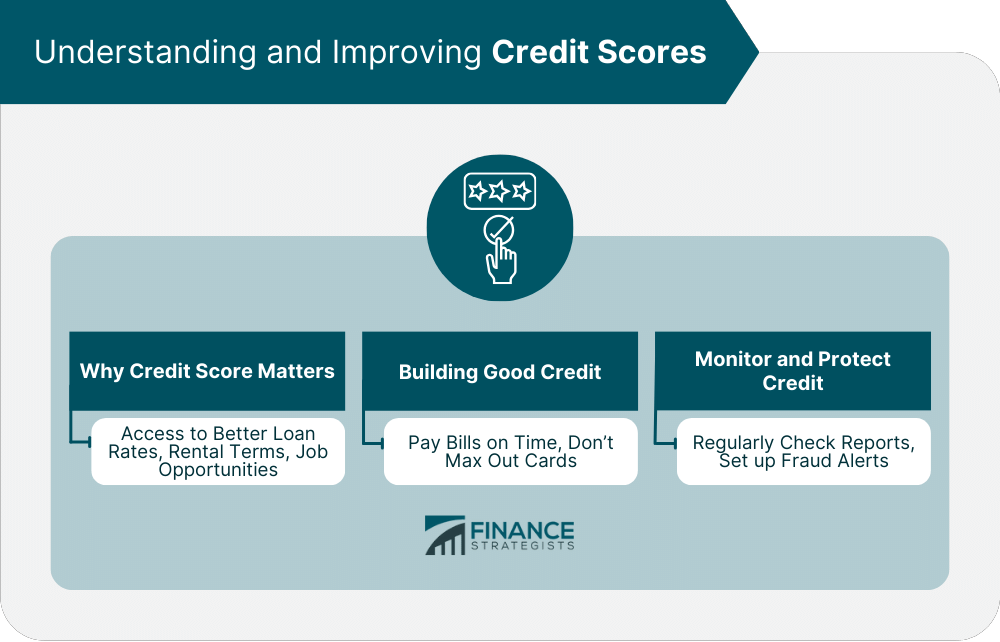It can be thrilling and intimidating to enter the professional world, especially when you must overcome the obstacle of landing that first job. An entry-level job is sometimes the first step on the path for many people from being a student to a working professional. Even though these positions sometimes have low experience requirements, intense competition may still exist. It is essential to comprehend the tactics and procedures involved in landing an entry-level position.
It’s critical to lay a foundation. Getting the information and abilities required for the chosen field is the first step in building this foundation. Formal education offers an area to work, but one’s employability can be greatly increased by adding workshops, internships, and certifications to it. In a competitive job market, developing soft skills like problem-solving, teamwork, and communication can help candidates stand out.
Another important step in the search for an entry-level job is networking. Making relationships with experts in the field can yield priceless opportunities and insights. Attending industry conferences, networking events, and career fairs enables people to widen their professional network and discover possible job opportunities. Making connections with professionals through online networks like “LinkedIn” can result in referrals and mentorship opportunities.
“I applied for Sonic and had an interview and they never called back. I applied to a couple of places, but none of them reached back out.” Sophomore Josh Park said.

Creating a strong cover letter is important when applying for jobs at entry level. Even in cases where a person does not have a lot of work experience, showing relevant projects, extracurricular activities, internships, and coursework can show abilities. Applications that are specifically tailored to the job requirements and company culture are more likely to be noticed by employers because they show commitment and attention to detail!
When it comes to interview preparation, candidates can excel. Investigating the business and learning about its goals, core principles, and trends demonstrates sincere curiosity. It is easier to appear confident and reduce anxiety when one practices answering common interview questions and prepares, but powerful answers. Showing smart questions shows that you have interest and involvement during the interview, which makes the interviewer feel good about you.
When asked how to approach the world of getting a job Mark Grayson said “It takes courage to grow up and become who you are.”
An open mind and a flexible attitude are essential qualities for people looking for entry-level work. Though it helps to have a particular job title or company in mind, there are more opportunities available if you are open to different roles and industries. Internships, freelance work, and temporary jobs can all be used as stepping stones toward a desired career path, offering networking opportunities and valuable experience along the way.
During the job search process, “persistence” and “resilience” are critical qualities. Rejection is a normal part of the process, but the secret to success in the end is to learn from failures and change tactics accordingly. Getting feedback, honing skills, and maintaining motivation are essential for getting past challenges and landing your dream entry-level job.

Obtaining an entry-level position needs you to be ready, and persistent. Navigating the competitive job market requires developing a solid foundation and knowledge of abilities, making the most of your networking opportunities, creating customized applications, and perfecting interviewing techniques. Through tenacity, adaptability, and perseverance in the job hunt, people can open the door to their professional destiny and start a rewarding career path.















